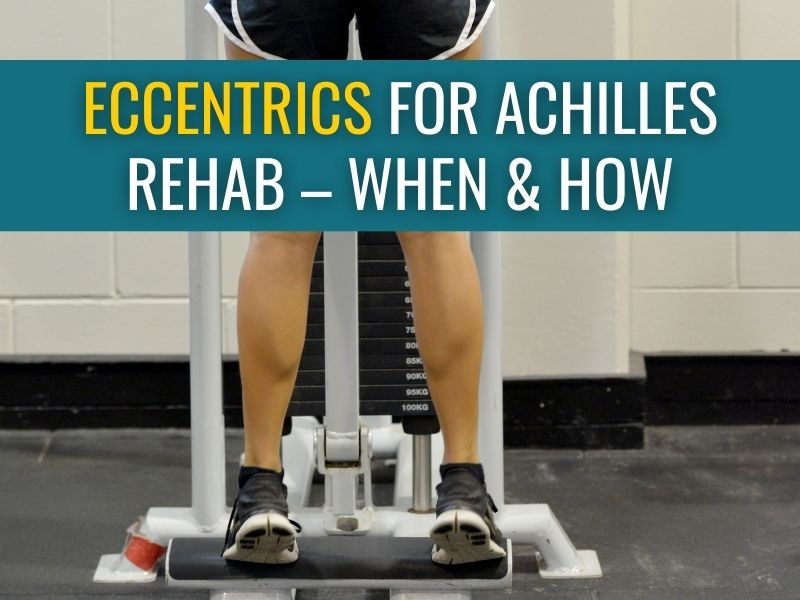Should you change your running style if you have Achilles tendinopathy?
- Maryke Louw

- Jan 14, 2020
- 3 min read
Updated: May 31, 2023
The research has not found any strong link between Achilles tendinopathy and altered running mechanics. There is one definite exception that I discuss in this article, but on the whole the evidence suggests that a carefully graded strength training and load management programme is far more important for treating Achilles tendonitis than changing your running style. Remember, if you need more help with an Achilles injury, you're welcome to consult one of our team via video call.

The terms tendinitis, tendonitis, tendinosis, and tendinopathy mean the same thing for all practical purposes, and we use these interchangeably in our articles.
In this article:
Running style and Achilles tendonitis
There is weak evidence that, for some runners, over-pronation at the ankle and foot may contribute to them developing Achilles tendinopathy. This is, however, best addressed by strength training in combination with assessing their running shoes and possibly prescribing supportive insoles.
High breaking forces when running may cause a problem, and too be honest, this is a variable that is worth addressing, as it has also been indicated as possibly playing a role in other injuries, e.g. runner’s knee.
High breaking forces are mainly caused by over-striding when you run. When you overstride, your heel makes contact with the ground in front of your body, acting as a “break” which causes large forces in your legs. The easiest way to improve this is by:
leaning slightly forward from your hips so that your centre of gravity falls in front of your body (but don't slouch!)
hitting the ground more or less straight underneath your centre of gravity
and increasing your step rate or cadence a bit.
I also demonstrate it in this video:
On the whole, we find that our runners do really well if they strengthen their Achilles tendons properly and then use a graded return to full running training. Our bodies are all different, and it’s therefor no surprise that we all have slightly different running patterns.
We tend to naturally select the pattern that uses the least amount of energy (i.e that's the most efficient) and that’s another reason why we don’t, unless absolutely necessary, mess with someone’s running style.
The exception to the rule
Did you perhaps switch to a forefoot running style or barefoot running just before your Achilles tendon got injured? In that case, your running style may be to blame for your injury.
Switching from heel strike or midfoot strike to a more forefoot strike pattern places a lot more strain on the Achilles tendon and can lead to overload and injury if you try and make the change too quickly. When trying to make the switch, people often end up running on their toes rather than following a flowing forefoot strike pattern, which increases the strain on the Achilles even more.
If this is the case, switching back to your normal running style may help your Achilles to recover. But if you’re dead set on making a change to a more forefoot strike or barefoot running, I would advise that you consult a physio or running specialist who can provide you with a strength training programme and graded running programme. This will allow your Achilles and calf muscles to adapt to the increased forces without causing them to overstrain.
This does not apply to people whose natural running style is to run on the front of their feet. If you’ve always naturally run like that, your Achilles and calf will be used to it and there is really no need to change your running style.
How we can help
Need more help with your Achilles injury? You’re welcome to consult one of the team at TMA online via video call for an assessment of your injury and a tailored treatment plan.
We're all UK Chartered Physiotherapists with Master’s Degrees related to Sports & Exercise Medicine. But at Treat My Achilles we don't just value qualifications; all of us also have a wealth of experience working with athletes across a broad variety of sports, ranging from recreationally active people to professional athletes. You can meet the team here.

About the Author:
Maryke Louw is a chartered physiotherapist and holds an MSc in Sports Injury Management. You can follow her on LinkedIn, Facebook, Twitter, and Instagram.












